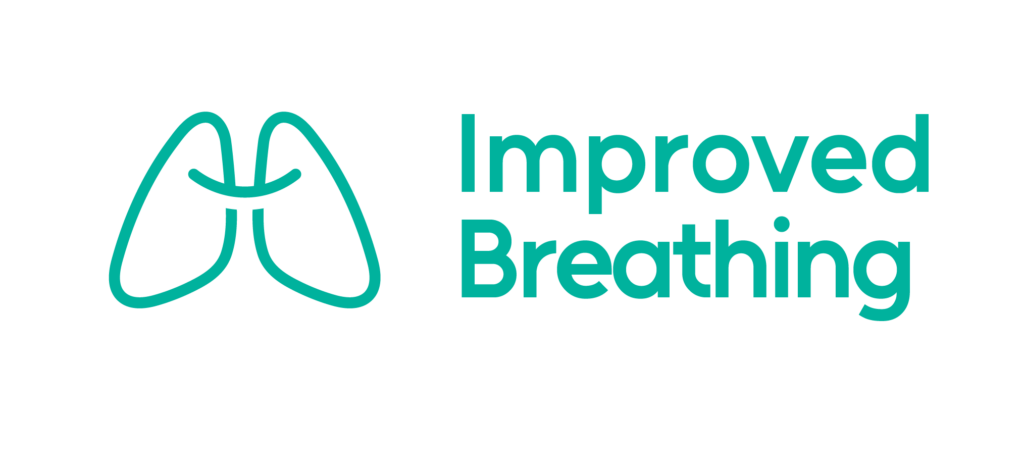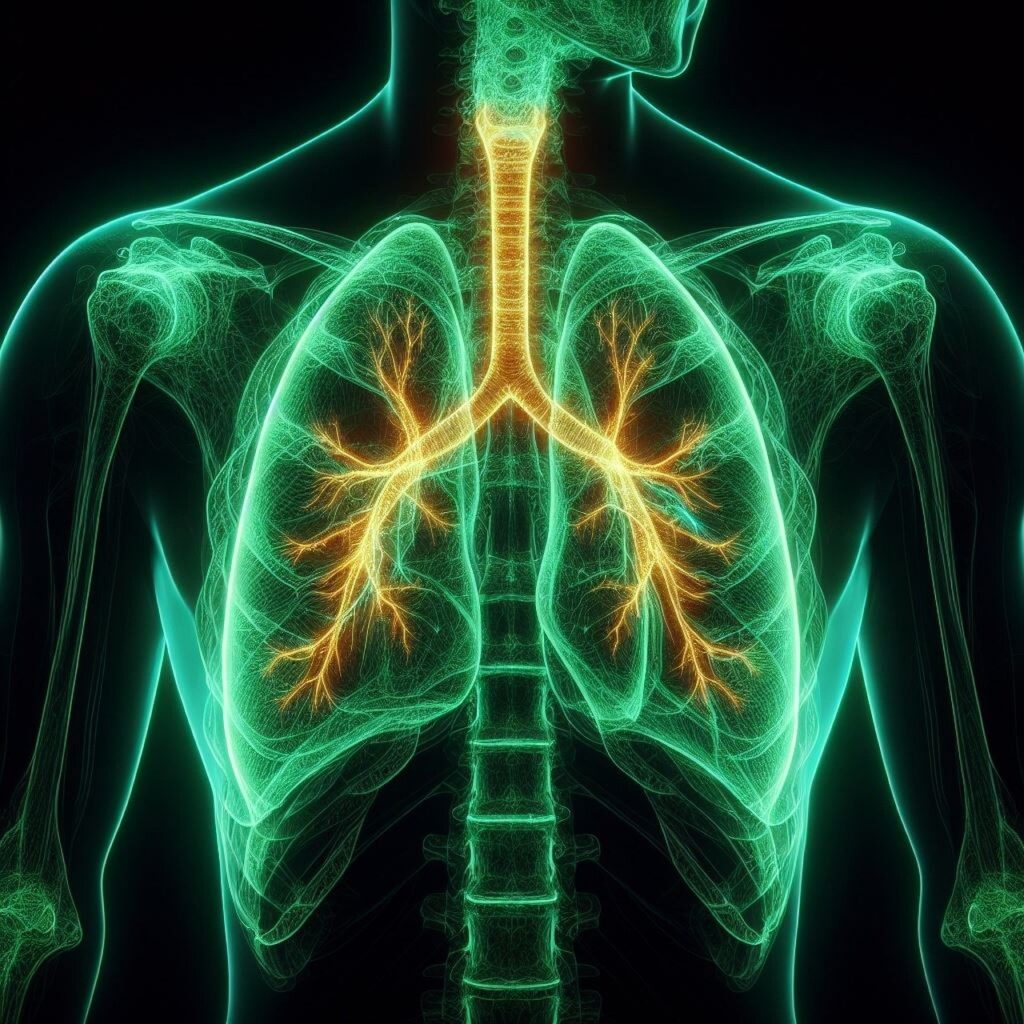If you have a long-term lung condition like COPD or emphysema, you may be aware that certain lifestyle choices can impact your health and well-being. Diet plays a crucial role in managing your symptoms and preventing exacerbations. In this blog post, we’ll discuss some foods you might want to avoid or limit in order to better manage your lung condition.

Salt
Consuming excessive amounts of salt can cause fluid retention, which may make breathing more difficult.
Opt for low-sodium alternatives and avoid processed foods that are often high in salt.

Fried and Greasy Foods
Fried and greasy foods can cause bloating and abdominal discomfort, which may put pressure on your diaphragm and make breathing more challenging.
These foods are also often high in unhealthy fats and calories, which can lead to weight gain and further strain on your lungs.

Dairy Products
For some people with lung conditions, dairy products can increase mucus production, making breathing more difficult.
If you notice that dairy worsens your symptoms, consider reducing your intake or opting for non-dairy alternatives.

Carbonated Beverages
Carbonated drinks can cause bloating and gas, which may put pressure on your diaphragm and make breathing more difficult.
Stick to non-carbonated beverages like water, herbal tea, or fresh fruit juices.

Alcohol
Alcohol can interact with some medications used to manage lung conditions and may worsen symptoms.
It’s best to avoid or limit alcohol consumption and always consult with your healthcare provider about safe alcohol consumption.

Spicy Foods
Spicy foods can cause heartburn and acid reflux, which may worsen breathing difficulties.
If you find that spicy foods trigger your symptoms, it’s best to avoid them or opt for milder alternatives.
Remember, everyone’s experiences with lung conditions are unique, and what affects one person may not affect another. Pay attention to your body and how different foods impact your symptoms.
Consult with your healthcare provider or a registered dietitian to develop a personalized meal plan that takes your specific needs and preferences into account.
By making informed dietary choices, you can better manage your lung condition and improve your overall quality of life.














